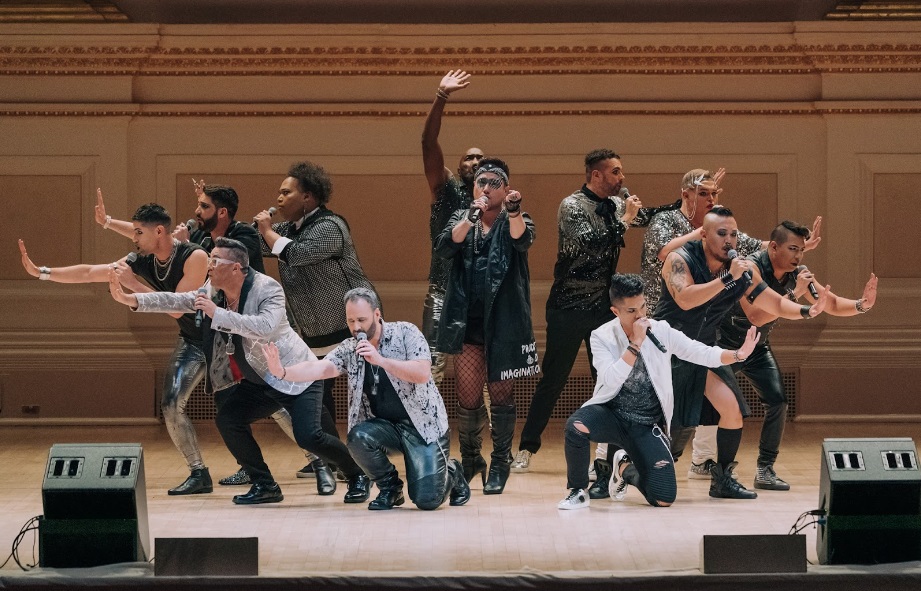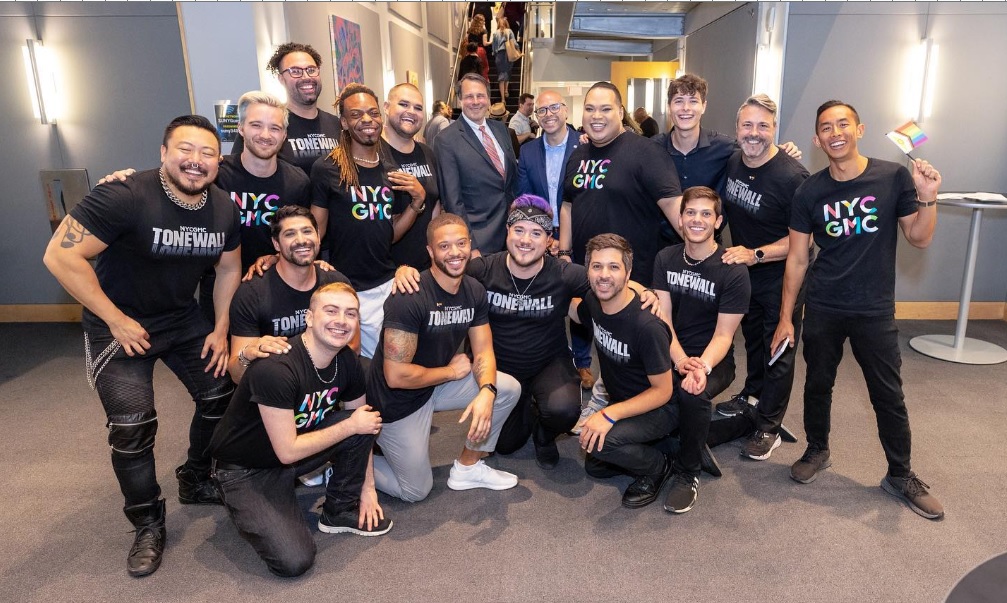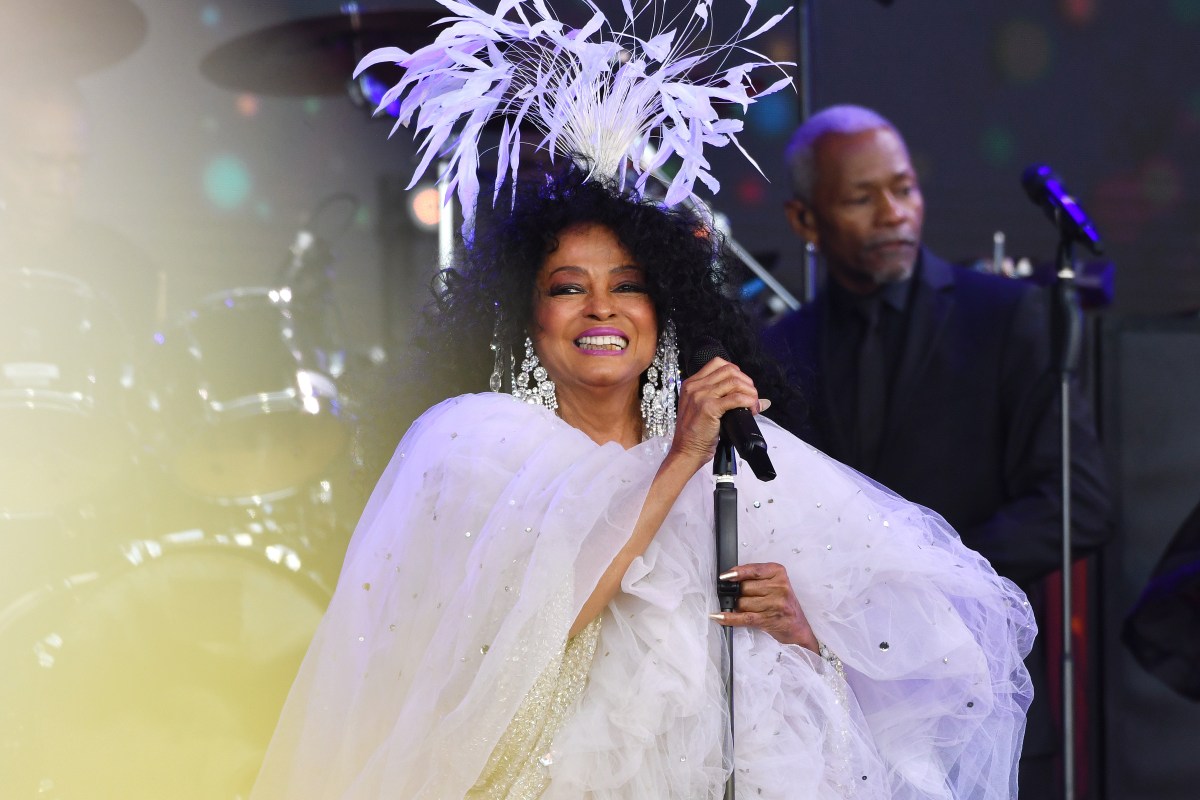The iconic Stonewall Inn in New York’s Greenwich Village—which became a national monument in 2016—has long been a symbol of the LGBTQ+ community. The gay club is considered by many to have helped spearhead the modern LGBTQ+ rights movement, and to this day it continues to bring the community together.
Tonewall, a queer a cappella group formed in 2016, has a purpose that parallels that of its namesake. Just like how Stonewall served as a communal space for the city’s queer population, Tonewall creates community and self-realization, albeit less bricks and more beatboxing. Timorell, the group’s creator, sees the essentiality of creating a fervent community and “being authentically, unapologetically, who you are,” said Timorell.
Initially, Timorell thought the group “would just be like your bowling league or volleyball club,” but it has become so much more. “I didn’t realize how much my personal identity would be shaped and would really blossom being around these people and doing this thing we all really love doing,” Timorell added.
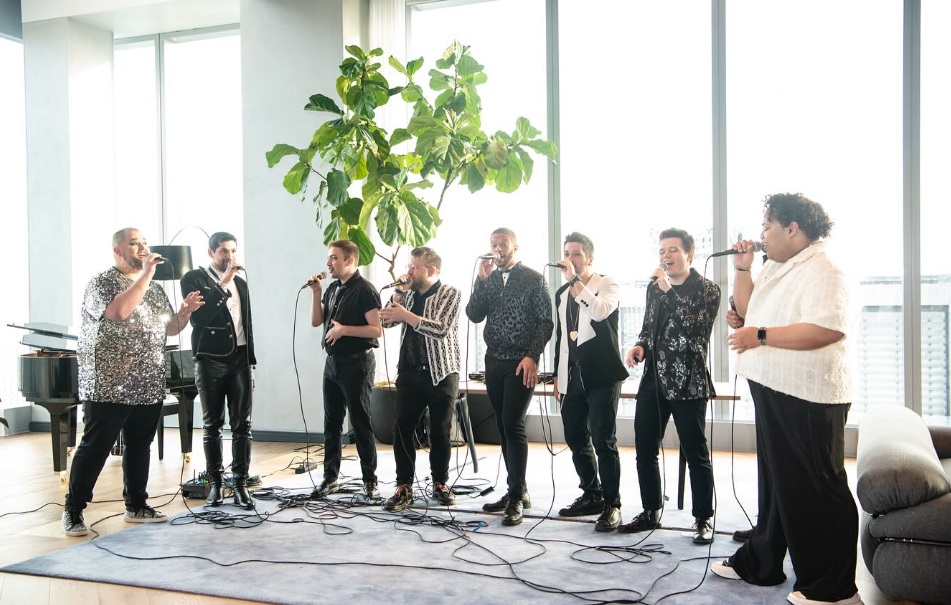
Tonewall has taken its charisma to many iconic venues like Carnegie Hall, Madison Square Garden, Yankee Stadium, and the Whitney Museum. Most recently, they performed the national anthem for the New York Red Bulls’ pride night. The group is also the reigning northeast champion of The International A Cappella Open (think Pitch Perfect finals, but real life).
This year, they will participate in the largest queer choral event in the world, GALA Choruses Festival in Minneapolis, from July 10th to 14th. The quadrennial event was disrupted by Covid-19 in 2020, making this Tonewall’s first opportunity to perform alongside more than one hundred other LGBTQ+ choruses from around the world since the group’s inception.
Tonewall performs anything from radio hits like Billie Eilish’s “What Was I Made For?” to classic staples like “Love Shack” by the B-52’s.
Both of these songs have major production—each relies heavily on instrumentals—but Tonewall functions without instruments. Everything Tonewall performs is done with nothing but the vocal cords.
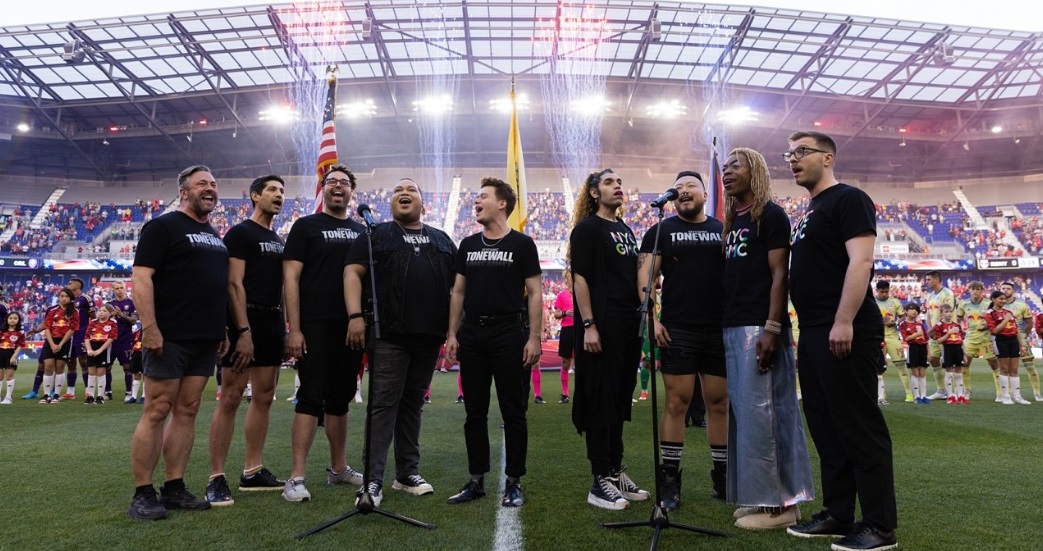
Carlos Rios has been a member of the group since its formation and deems it a joy to “perform really exciting, really challenging music,” that may seem impossible without instruments.
Rios, like Timorell, could not have foreseen just how powerful the group’s community would become. Rios says, “These are all people who will become part of my family—and I say that in the best and worst parts of that definition. It is really really special and I’ve never been in a group quite like this.”
The need for a community like Tonewall is not lost for Rios. “When the world is a little ooky spooky sometimes—especially now—that community is so valuable and so cherished.”
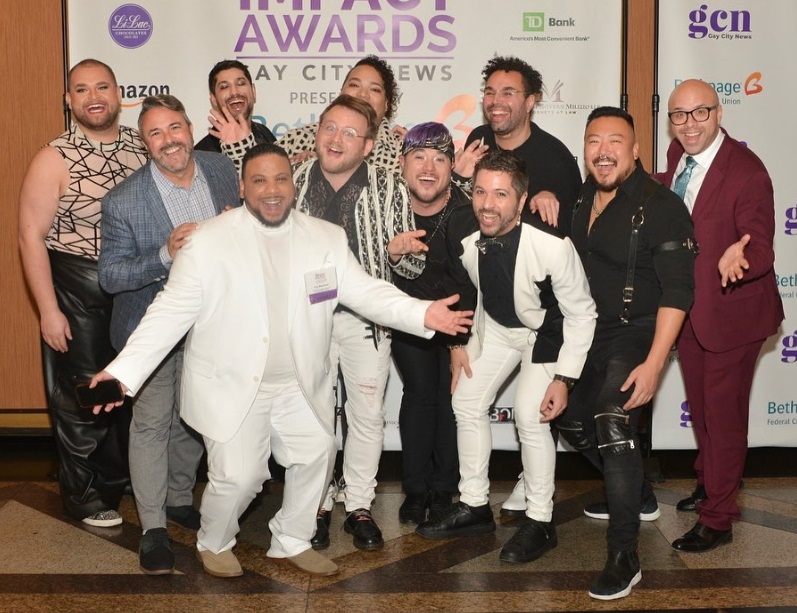
Rios—who uses he/they pronouns—adds that the group’s community has helped them understand their sexuality. “I’ve always been non-binary but I didn’t really come into that full realization until I had opportunities to explore that and I’ve done a lot of that in this group.”
They understand that by performing with Tonewall, they are able to make an impact on people and show them that they are enough.
“I think about all the little Carloses out there who feel a little weird, who don’t really know what’s going on with their body, who don’t feel quite at home,” said Rios. “My hope and my joy is the moment I get to be on stage and that person looks at me and sees that there’s life on the other side of whatever they’re experiencing right now.”
